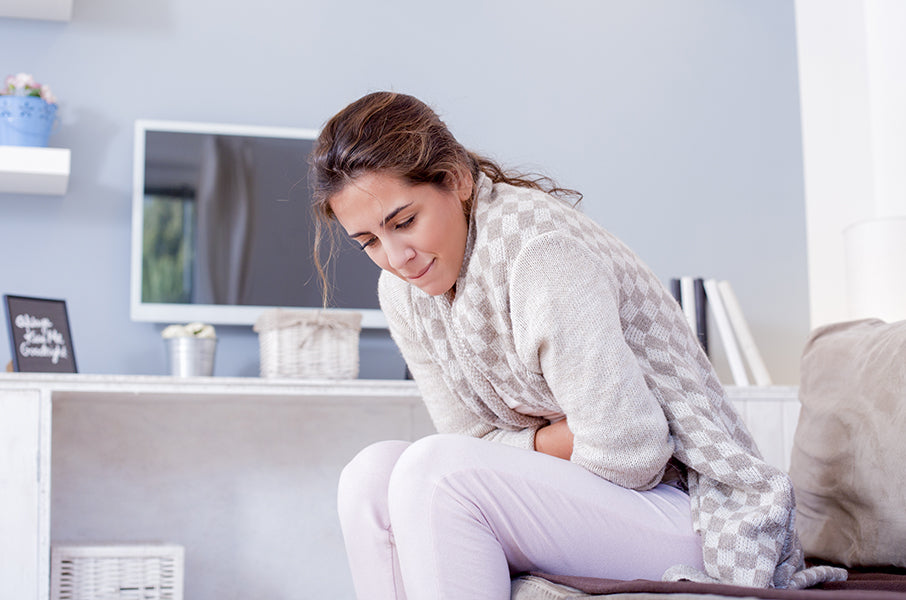Endometriosis is a painful health condition, and unfortunately many women are suffering from this condition. It is estimated that over 5 million women in the United States have endometriosis, and these women experience pain and other symptoms.
What is Endometriosis?
This health condition is caused when the tissue that lines the uterus begins to spread to other areas outside of the uterus, such as the fallopian tubes and ovaries. In a similar way as the uterus bleeding on a monthly basis, these growths of tissue can also bleed and cause spotting throughout the month. Additionally, these areas can become painful and swollen, especially if the tissue is growing in areas that don’t have a direct outlet to flush the tissue from the body.
Instead of simply having severe period cramps, endometriosis can actually cause a number of symptoms. Common symptoms might include things such as painful cramps that increase in intensity with time, pain during or after intercourse, chronic pain in the pelvis or back, intestinal pain, diarrhea, nausea, bloating, and more.
Severity of Endometriosis
The pain levels can vary depending on the individual situation of each woman. Some women have minimal amounts of pain, while others experience severe pain that limits their daily activities. Sometimes the pain will start suddenly, while other times the pain gradually increases over time.
Endometriosis impacts all areas of a woman’s life, including her physical health, emotional health, relationships, social engagements, school, work, and day-to-day life. This health problem also impacts fertility. It is estimated that half of women suffering from infertility have endometriosis.
Balancing Your Hormones to Relieve Endometriosis
If you want to reduce the symptoms of endometriosis, then you need to focus on the daily habits that will improve overall health and balance the hormones. Remember, all systems within the body are connected, so simply treating symptoms won’t be enough to get rid of the problem.
Certain lifestyle changes can have an effective impact to reduce the symptoms that you are experiencing. Some women find it beneficial to use supplements to help with hormone balancing, such as our
Luminology products. It can also be helpful to include gentle exercise to keep the body moving.
Diet plays a big part in hormone balancing, and it is important to ensure that you are following a healthy diet. Focus on whole food ingredients, and look for ways to incorporate healthier meals,
snacks, side dishes, and desserts.
All of these efforts can make a big difference over time! Taking care of your body right now can help by supporting your long-term health.







